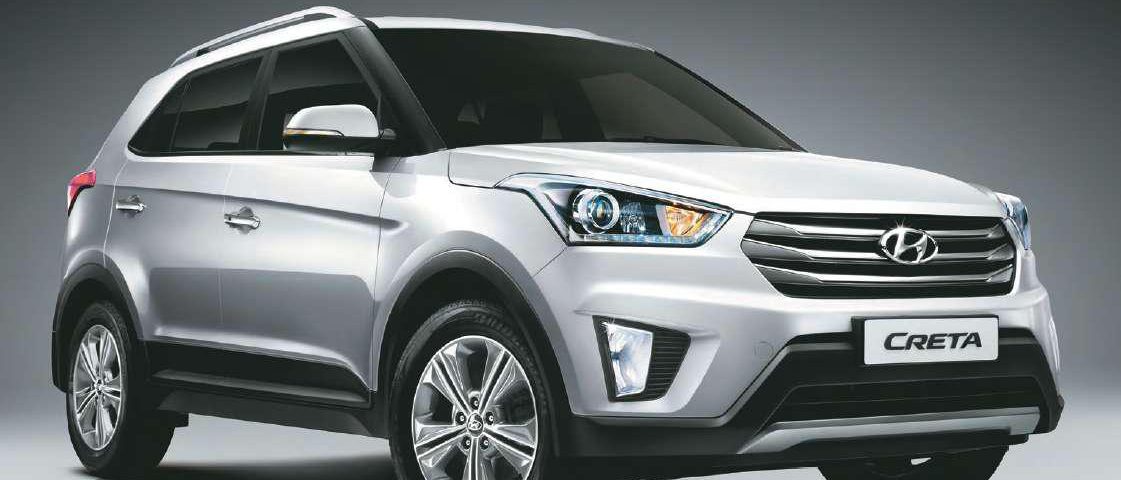
seven Steps to Take After a Fender Bender
By Geoff Williams, Contributor | Dec. 17, 2013, at 9:30 a.m.
When Shaun Eli Breidbart, a stand-up comedian in Fresh York City, was in a fender bender last year, he was not amused. A church van rear-ended him on the Brooklyn-Queens Expressway.
“It was scary,” says Breidbart, who had been on his way to do a comedy demonstrate on Staten Island. “We were in the left lane of a major highway in the dark, on a cold winter night.”
There was no room to budge the two vehicles out of the path of traffic, so cars simply made their way past them in the next lane, with many motorists cursing and providing them the finger, Breidbart recalls.
Making matters worse, neither driver could understand the other very well. Breidbart spoke English; the other man, Korean. At very first, Breidbart says, the man suggested to pay him a few hundred dollars for the harm to his rear bumper. Breidbart refused. Eventually, the fellows exchanged insurance information, and after waiting forty five minutes for the police, they gave up and went their separate ways.
According to the U.S. Census Bureau, there are about ten million car collisions every year. Fortunately, most are non-fatal. (According to early estimates from the National Highway Traffic Safety Administration, 34,080 people died in car crashes in 2012.) And while a fender bender tends to be thought in terms of safety or as an annoyance, it is also a financial transaction. So if you are ever in a minor accident, go after these steps.
Pull over and call 911. After stopping your car and, if you can, pulling out of the line of traffic, don’t leave behind to turn on your hazard lights.
Even if no one is hurt, if there’s real harm and insurance companies will soon do battle, it’s a good idea to call 911. That’s the recommendation from the federal government’s website, 911.gov, which recommends calling after “a car crash, especially if someone is injured.”
It isn’t against the law to just exchange insurance information and budge on. But if you call nine hundred eleven or your local precinct and bring in a neutral third party to document the accident, you’ll be doing yourself a favor.
Exchange car insurance information. If you do nothing else, do this. Your insurance company and the other driver’s insurance company need each other’s contact information to determine who pays for the damages.
But what if you don’t have your car insurance information? Maybe you’ve left the card somewhere on your desk. Don’t fright.
“Oftentimes, the police will tell the driver that he or she has to bring proof of insurance to the police station within twenty four hours to avoid receiving a traffic citation,” says William Crowley, auto liability claims manager for Chubb Insurance. “Keep in mind that the police may still arm out a ticket for not having proof of insurance.” He adds that it may soon be possible for drivers to demonstrate proof of insurance with their smartphones.
Get a police report. JaeMi Pennington, a publicist relations specialist in Boston, was driving in Providence, R.I., last October when he was in an accident. He was at a stoplight, and a car in front of him that was attempting to make space for another vehicle backed up – into Pennington’s two thousand seven Acura, causing about $1,500 worth of harm.
Pennington exchanged insurance information with the other driver. He also attempted to flag down a police officer directing traffic. The officer said he was too busy to help, so it’s understandable that Pennington didn’t call nine hundred eleven and request another officer to come in – but he wishes he had.
The fender bender happened on a Friday. Pennington and the driver left on a civil and pleasant note, and he was sure everything would work out fine. But Monday morning, when he filed his claim, his insurance company asked if a report had been filed. Pennington said no, and was told, “In that case, it’s going to turn into your word against his.”
Sure enough, the other driver argued that Pennington’s car spinned forward at the traffic light as his car was backing up.”Even if it’s just a duo of scrapes, you’ve got to file a police report. Otherwise, you’re providing room for people to be dishonest, and I understand this boy’s position. His insurance is going to go up,” says Pennington, who adds that after he caused an accident three years earlier, his insurance premium almost doubled.
You can, of course, file a police report later (it varies from state to state, but many police departments permit up to seventy two hours). But if both cars have left the scene, the information won’t be as accurate. Some states require you to report an accident, and you could be cited if you didn’t. For example, in Oregon, if harm to the vehicle you were driving is more than $1,500, you need to file a report. In Ohio, as long as nobody was hurt, you don’t have to call the police. Unless you know your state laws well, it’s best to call.
You may need to report the accident to the DMV. The joy never finishes. Many states require motorists to report car wrecks to the bureau or department of motor vehicles, depending on how much harm was done to the car. Check with your state’s DMV or BMV to see if you need to file a report.
Make petite talk. It’s best not to take finish ownership of an accident, even if you believe you were at fault.
If you were at fault, tell the truth, but stick to the facts and don’t suggest your opinion, at least until you’ve had a chance to process everything. If you were backing out of a parking space, for example, you may know that you should have looked more cautiously. But you may not be aware until later that the other car was driving too swift, or that the driver wasn’t looking cautiously either.
“Typically, no driver is one hundred percent at fault in a collision,” Crowley says.
But if you do say anything you later feel was stupid, don’t worry about it. “Regardless of what is said at the scene of the accident, most insurance companies will contact those involved and get a more detailed statement,” says Crowley, adding that voicing concern for the other driver is a good thing and won’t result in your accepting blame for the collision.
Take photos and gather witnesses. If you have a smartphone, it can be helpful to take photos of the damages, especially if you know you weren’t at fault and want to prove it. If you can find eyewitnesses and collect their contact information to give to the police and to your insurance company, even better.
Don’t hit yourself up if you make a mistake. Edith Parten, a communications professional at the University of Alabama, was in a fender bender less than two weeks ago when a driver rear-ended her.
“I got out of the car and asked the driver what happened. She said her foot slipped, and she hit the gas instead of the brake,” Parten says.
So far, so good. The other driver admitted fault. Then the police arrived and ready an accident report. Parten even took photos of both cars. But she was rattled and didn’t ask the other driver for her insurance information. Still, the police officer said the insurance information would be in the accident report.
“Little did I know, it can take up to fifteen days to get the accident report,” Parten says. “In the meantime, I had to go to the ER and had to get my car repaired because it didn’t sound drivable.”
As of the time of this writing, she is working out the details with her insurance company because she didn’t get the other driver’s insurance information.
Still, Parten may take solace that in Pennington’s case, the other driver eventually paid for the repairs. It worked out for Breidbart, too, despite the language barriers and the fact that both drivers departed before the authorities arrived. Details around fender benders – just like the fenders themselves – eventually tend to get straightened out.
Recommended Articles
Withdrawing Money With a Retina Scan: The Future of Biometrics and Banking
Leave behind strong passwords. In the future, you won’t need any password at all to do your banking.
What to Know About VantageScore Four.0
There’s a fresh credit score coming in fall two thousand seventeen – here’s what it means for your wallet.
